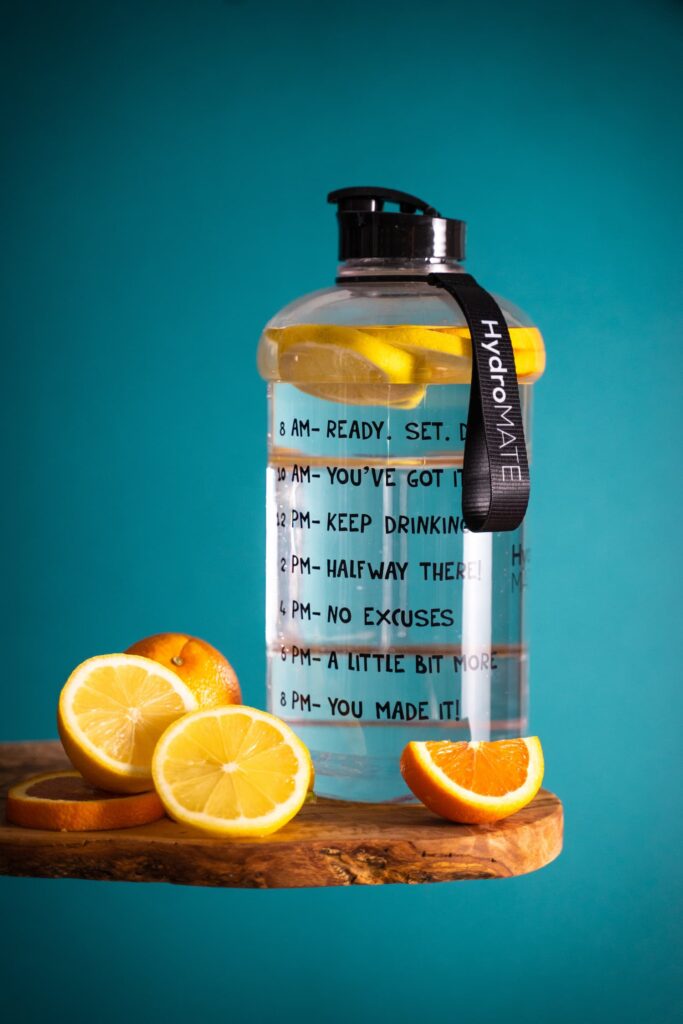The business world is constantly evolving, and a strategy that has gained prominence in recent years is the creation of its own brands. Therefore, you may have already noticed products with the store's name on it. As well as exclusive brands in large supermarket chains or pharmacies. But anyone who thinks this means low quality is mistaken. The truth is that private label offers a series of benefits for both retailers and consumers. Check out.
The Rise of Private Labels
According to a recent study by NielsenIQ (2022), approximately 30% of Brazilian households opt for private label products. With great emphasis on the food category. However, this trend is not just limited to retail giants. In other words, small and medium-sized companies are also successfully adopting this strategy. In this way, offering products ranging from health and beauty to differentiated items.
Um exemplo disso é a Relaxmedic, que tem auxiliado pequenas empresas a desenvolverem suas próprias marcas. Camila Luizzi, Gerente de Marketing do Grupo Relaxmedic, afirma que a empresa oferece suporte completo, desde o desenvolvimento da marca até estratégias de marketing. Essa democratização da criação de marcas próprias permite que até mesmo influenciadores transformem suas “marcas pessoais” em produtos que se conectam com seus seguidores, aumentando a fidelização dos clientes e melhorando a margem de lucro.
Exclusivity and quality of private brands
Currently, private labels are not limited to common products. They have stood out in the market by offering exclusive and superior quality items. Therefore, as consumers search for unique products and differentiated experiences, private brands have the opportunity to gain a significant share of the market. This is because consumers associate these brands with reliability and quality.
Thiago Marques, CEO of RM Farma, a pharmacy chain with 900 stores throughout Brazil, reports that in some of its stores, sales of private brands already represent more than 10% of revenue. In this way, customizing products allows them to meet the specific needs of each region.
Ease for the retailer
Creating private labels also simplifies the process for retailers. The manufacturing, import and certification processes of products are the responsibility of suppliers, leaving retailers to focus solely on sales, which is their core business. This means less complexity and more peace of mind for consumers, who can count on specialized technical assistance in Brazil.
Renato Marcondes Carvalho, partner at Relaxmedic, highlights that this strategy adapts well to different sectors, such as personal equipment for relaxation and well-being. Own seals allow companies to meet the public's needs precisely.

Private labels: a growing trend
This trend is not just limited to Brazil. Thomas Barros, financial director at Universal Chemical, reports that the production of private label products is growing in several countries, including Brazil. Medium-sized retailers are looking for industries to manufacture products with their brands, taking advantage of the expertise of each player in this chain.
In short, having your own quality brand offers advantages such as customer loyalty and increased product value. Customization by region allows greater adaptation to local needs, and ease for the retailer simplifies the entire process.
It's no surprise that private labels are becoming a go-to strategy for small and medium-sized companies, as well as influencers who want to expand their businesses. With exclusive and superior quality products, they gain consumer trust and guarantee a prominent place in the market.
My talent is helping entrepreneurs create their brands It is websites professionals, to have their own lives and become increasingly stronger in the market. Creatively conceptualizing in an authentic way. Building new spaces in digital and physical channels. And executing strategic actions to marketing with IF THE to achieve results.